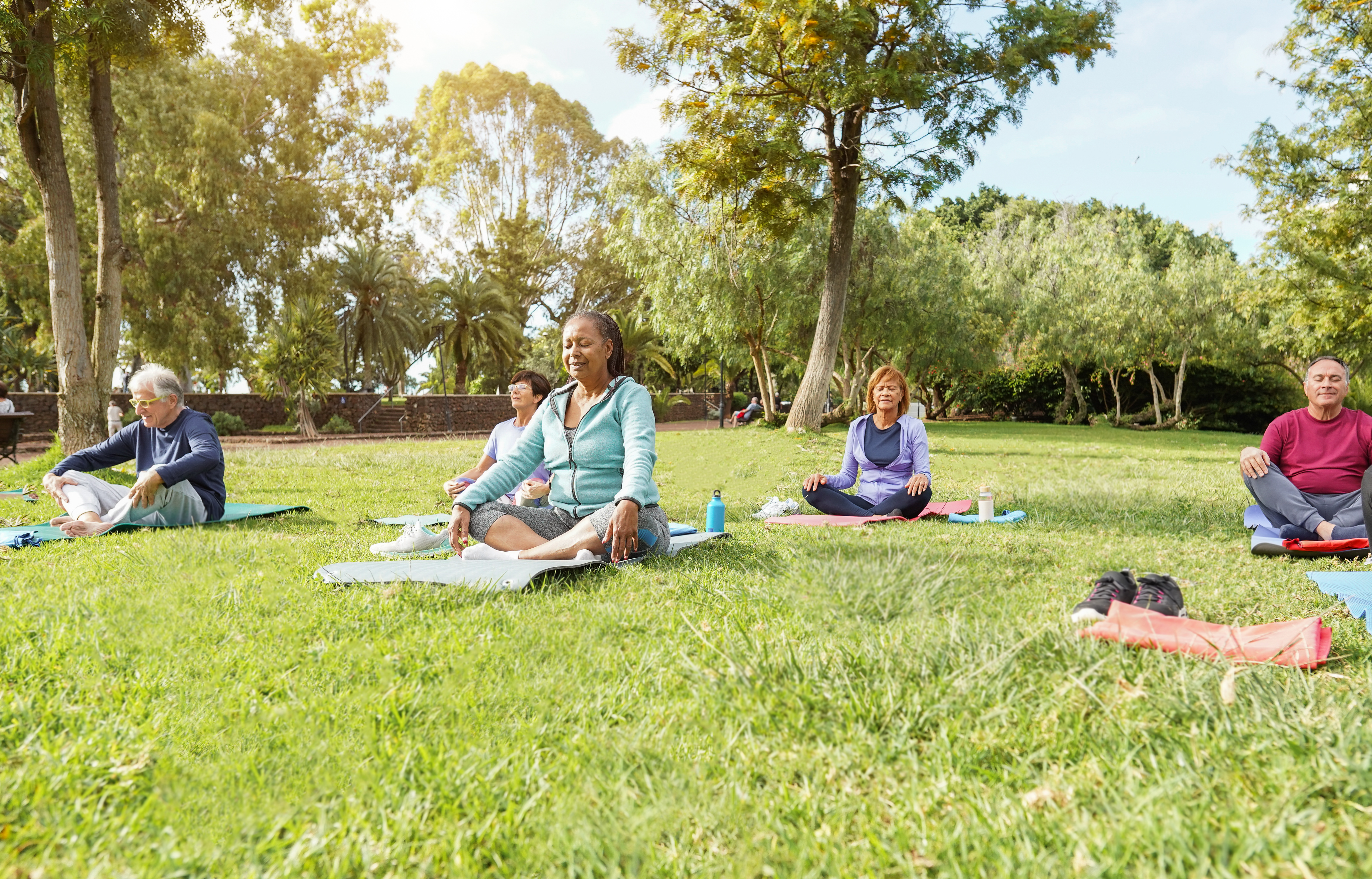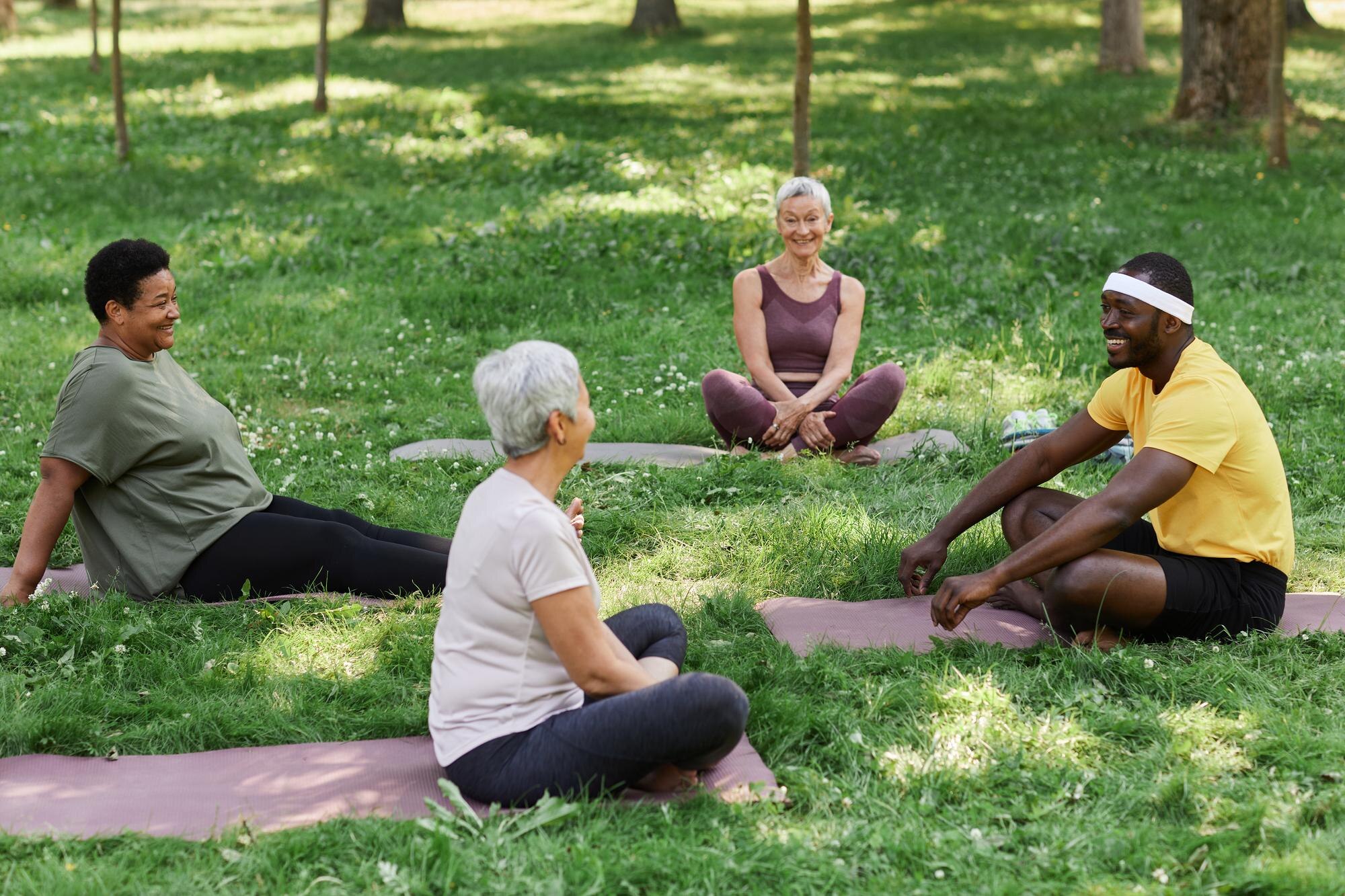
Empower Your Health: Lifestyle Changes for Cancer Prevention
You feel the weight of uncertainty when thinking about cancer. It’s a heavy burden, especially if you have a family history or are a caregiver. But what if there were lifestyle changes that could help reduce this fear? By embracing holistic health and mind-body wellness, you can take positive steps towards cancer prevention. In this post, you’ll learn how to empower your health and create a path to cancer-free living. Join us and make a change that truly matters. For more insights, check out these lifestyle tips to reduce your cancer risk.
Embracing Holistic Health

Holistic health focuses on the interconnectedness of the body, mind, and spirit. By viewing health through this lens, individuals can take a comprehensive approach to cancer prevention. This section explores how nourishing the body and balancing emotions can contribute to a healthy lifestyle.
Nourishing Your Body
A balanced diet is crucial for maintaining health and preventing cancer. Eating a variety of foods rich in nutrients helps the body function optimally.
Consume more fruits and vegetables: These foods are packed with vitamins, minerals, and antioxidants.
Choose whole grains: Opt for whole grains over refined grains to increase fiber intake.
Limit processed foods: Reducing processed foods can help lower cancer risk.
Real-world example: Studies show that a diet rich in fruits and vegetables is associated with a lower risk of cancer. This is because these foods contain phytochemicals that protect against cell damage.
Key insights:
A diverse diet is essential.
Whole foods are preferable to processed options.
For more detailed dietary guidelines, visit the American Cancer Society.
Balancing Mind and Emotions
Emotional well-being is as important as physical health. Stress management techniques can enhance overall wellness and contribute to cancer prevention.
Stress reduction techniques include:
Mindfulness meditation
Deep breathing exercises
Regular physical activity
Case study insights:
Participants who practiced mindfulness reported lower stress levels and improved mental health. These practices are linked with better immune function, which can reduce cancer risk.
Quote: "Taking care of your mind is as important as taking care of your body," says a health expert.
For more information on managing stress and emotional health, explore resources at the Mayo Clinic.
Lifestyle Changes for Prevention

Lifestyle changes are pivotal in reducing cancer risk. This section delves into dietary choices and the role of regular exercise in maintaining health.
Diet and Nutrition Tips
Healthy eating habits form the foundation of cancer prevention. Here are some tips:
Avoid sugary drinks: Opt for water, tea, or natural fruit juices.
Reduce red meat consumption: Incorporate plant-based proteins like beans and legumes.
Incorporate healthy fats: Use olive oil or avocado rather than butter.
Real-world example: A study in PMC found that diets high in processed meats are linked to increased cancer risk.
Key insights:
Balanced diets include a variety of foods.
Moderation is key to maintaining health.
Importance of Regular Exercise
Regular exercise is a cornerstone of a healthy lifestyle. It not only helps control weight but also strengthens the immune system.
Exercise recommendations:
150 minutes of moderate aerobic activity per week.
Strength training exercises at least twice a week.
Data-driven insight:
A meta-analysis shows regular physical activity can lower the risk of developing certain types of cancer by up to 30%.
Blockquote: "Exercise is a powerful tool in preventing cancer," highlights a health specialist.
For more exercise guidelines, check the Canadian Cancer Society.
Building a Supportive Environment

Creating a supportive environment is essential for sustaining healthy habits. This section discusses how to foster a healthy home and the benefits of joining a wellness community.
Creating a Healthy Home
A healthy home environment supports cancer prevention. Here are some strategies:
Eliminate tobacco smoke: Make your home smoke-free.
Reduce exposure to harmful chemicals: Use natural cleaning products.
Promote a balanced diet: Stock your kitchen with healthy options.
Comparison table:
Healthy Practice
Potential Benefits
Smoke-free environment
Reduces lung cancer risk
Natural cleaning products
Lowers exposure to toxins
Healthy food availability
Encourages better eating habits
Joining a Wellness Community
Engaging with a community committed to wellness can reinforce healthy habits. It provides emotional support and motivation.
Case study: Participants who joined wellness groups reported sustained lifestyle changes and improved well-being.
Benefits of joining a community:
Shared knowledge and resources
Social support and encouragement
Access to expert advice
Actionable advice:
Find a local or online wellness group.
Participate in community activities focused on health.
Discover more ways to connect with supportive communities through the American Cancer Society.
By making these lifestyle changes and embracing holistic health, individuals can take proactive steps towards cancer prevention. 🌿







